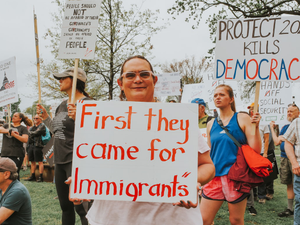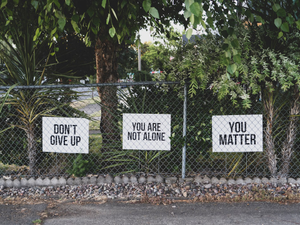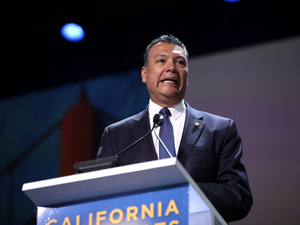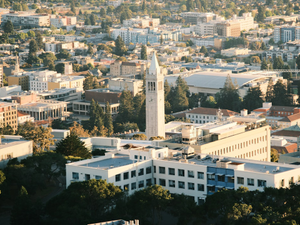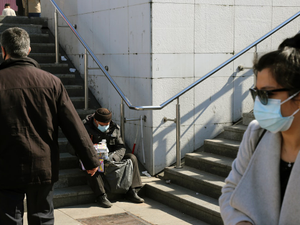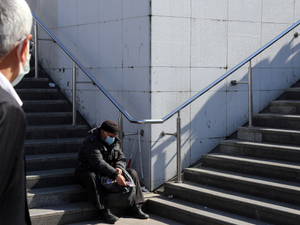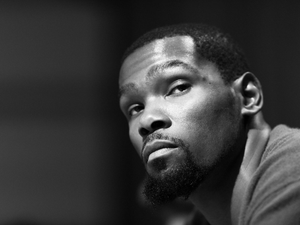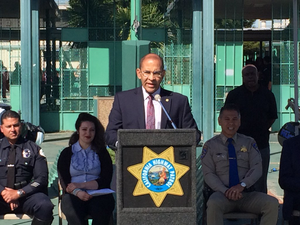College Admissions Just Got a Revolutionary Twist: Slavery Descendants Could Get a Golden Ticket

Photo by Element5 Digital on Unsplash
California is about to shake up the college admissions game in ways that could rewrite historical wrongs. State legislators are pushing forward a groundbreaking bill that would give descendants of slavery a potential edge in university admissions - and it’s got everyone talking.
Assembly Bill 7, championed by Assemblymember Isaac Bryan, isn’t just another policy proposal - it’s a bold attempt to address centuries of systemic inequality. The bill would allow California colleges to provide admission preferences to students who can trace their lineage to individuals enslaved before 1900. But here’s the kicker: it’s not an automatic pass, but an optional consideration.
The Complex Path to Proof
Proving eligibility isn’t going to be a walk in the park. Students would need to demonstrate a clear connection to slavery, like having an ancestor who was emancipated or provided service under legal restrictions. UCLA education professor Tyrone Howard notes that this adds another layer of complexity to an already intricate admissions process.
Legal Hurdles Ahead
Despite widespread support from educational organizations, the bill faces significant challenges. Proposition 209 still bars race-based admissions, and recent Supreme Court rulings have been less than friendly to affirmative action strategies. Experts like USC professor Shaun Harper anticipate potential legal battles that could derail the entire initiative.
The Bigger Picture
What makes this bill revolutionary isn’t just its potential to create opportunities, but its acknowledgment of historical trauma. It’s a small step towards recognizing the generational impact of slavery and attempting to provide meaningful redress.
Whether this bill becomes law remains to be seen, but one thing’s certain: California is sparking a crucial conversation about equity, education, and historical justice.
AUTHOR: mp
SOURCE: Local News Matters

